Sam Lyon, Head of Corporate and Commercial at award-winning Cumbrian legal firm, Cartmell Shepherd Solicitors looks at the ways in which family businesses can embed their values within their legal governance;
Family businesses are well-known for taking the long-term view, with business sustainability and the wider community impact being forefront in their development strategy. Increasingly, all business sectors are adopting a shifting mindset that considers a “triple bottom line” of people, planet and profit, moving away from the desire to simply make profit.
We have all come across examples of businesses that make bold claims on their website about their purpose-driven values and actions, but what accountability is there to demonstrate the authenticity of their intentions?
Family businesses often have a set of values that are aligned to their own personal family values and the commitment and passion by which they live these is tangible. However, the larger the business, the more difficult this becomes.
Clear communication of the business purpose and values, along with management responsibilities and KPIs is important, but some businesses are taking a step beyond this – they are embedding their values into their legal constitutions. This is seen as a way to tell both those in the business and the wider world that the business is serious about living by its values, ultimately benefitting the business credibility and building stakeholder buy-in.
So how could you go about this?
One option would be to update your company’s articles of association. Company law sets out specific directors’ duties, one of which is to ‘promote the success of the company for the benefit of its members (i.e. shareholders)’.
For the purpose-driven family business that wishes to think beyond only profit-making for benefit of its shareholders you can incorporate additional wording into the articles of association, locking in your intentions and commitment. This should include the need for directors to have regard for the long-term consequences and impact of their decisions, including the interests of employees, customer, suppliers, the environment and ethical standards.
Adding these additional duties allows the company to legally require its directors to approach decision-making in a way which is more closely aligned with its purpose and values.
Updating your legal governance could be a step towards further accreditation for your family business, such as B-Corp Certification which recognises businesses that are leaders in the global movement for an inclusive, equitable, and regenerative economy. Examples of B-Corp businesses include Abel & Cole, Freud Communications, Sipsmith, and Octopus Group.
To seek further advice or more information on how to approach embedding your purpose and values within your legal governance, you can get in touch with Sam directly via sam.lyon@cartmells.co.uk or telephone 01228 516666.





 Login
Login
